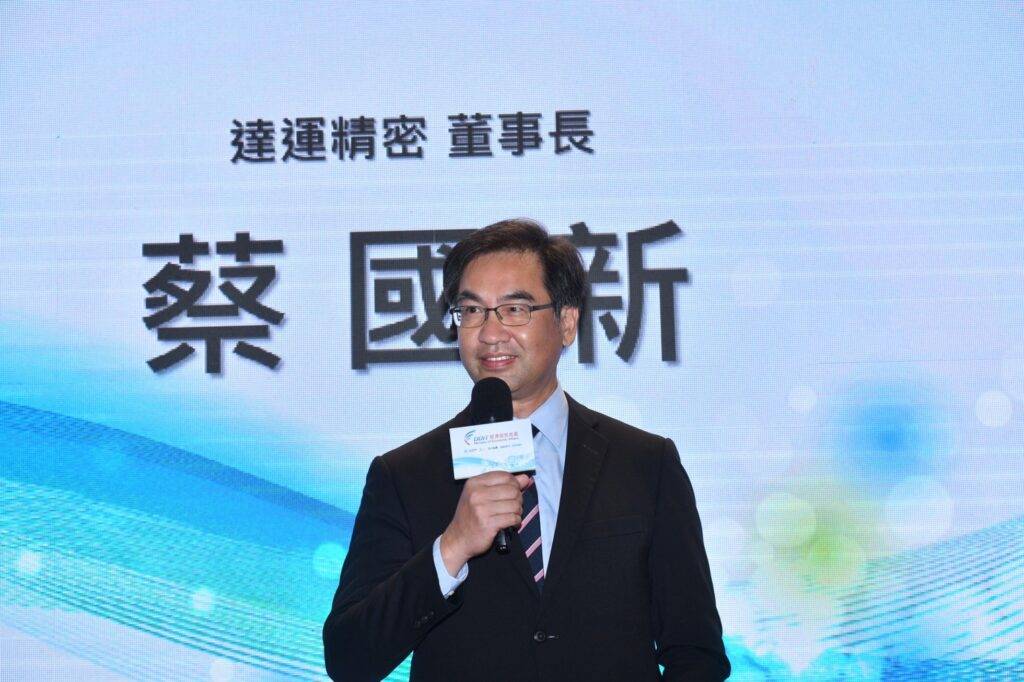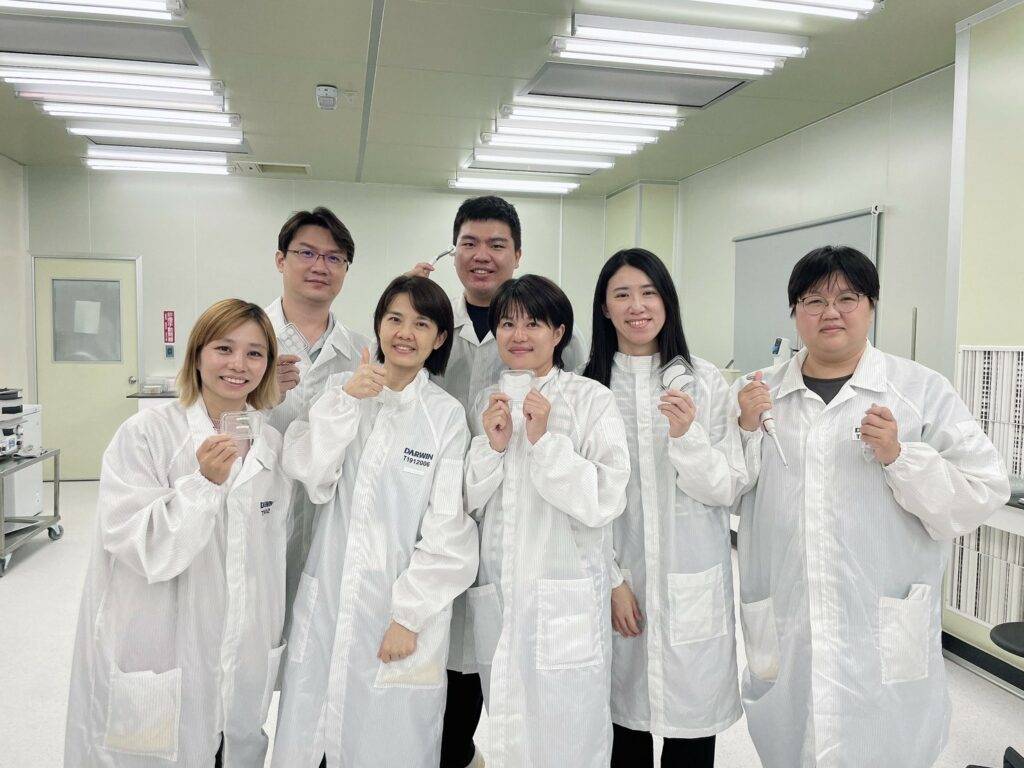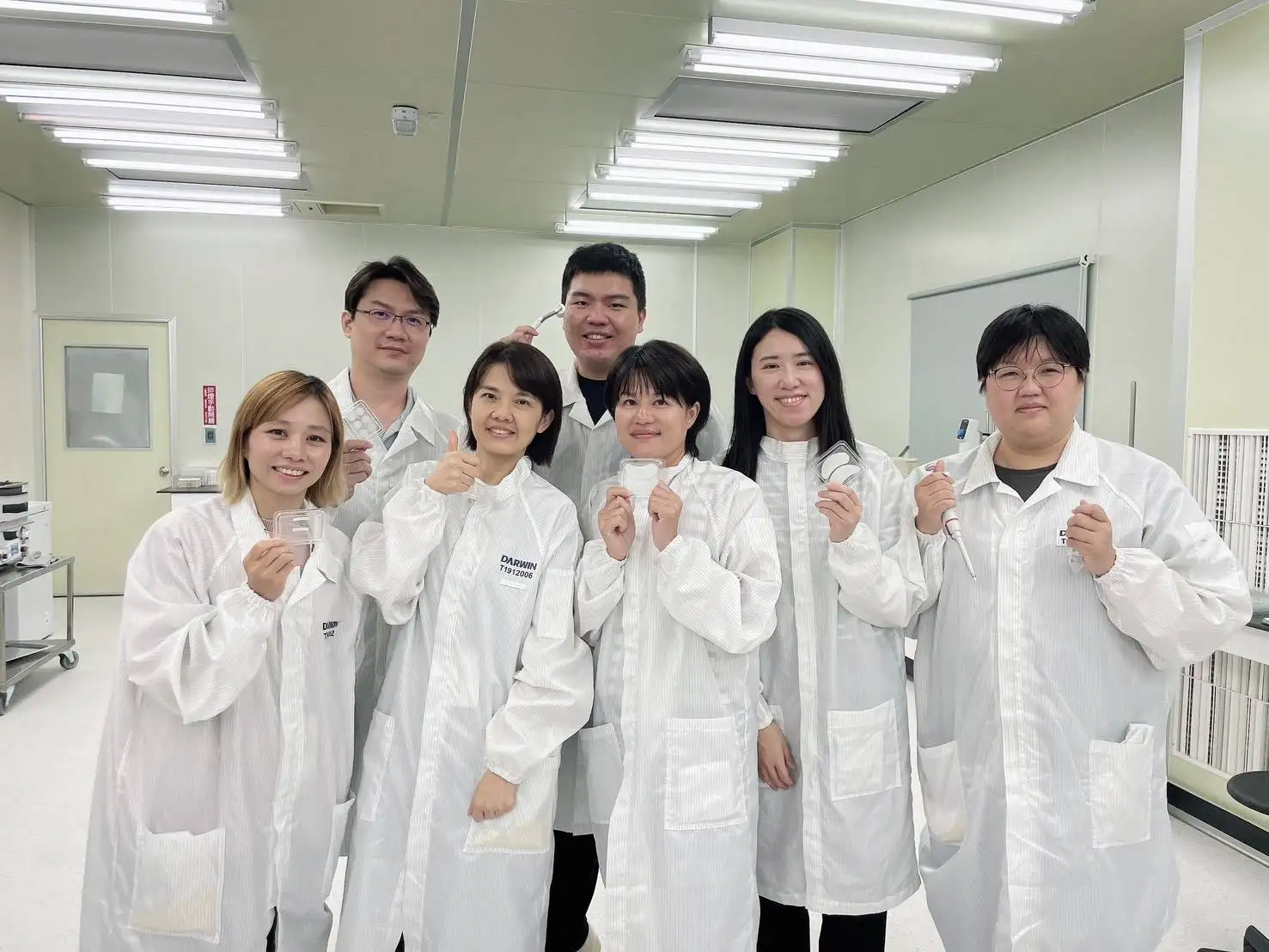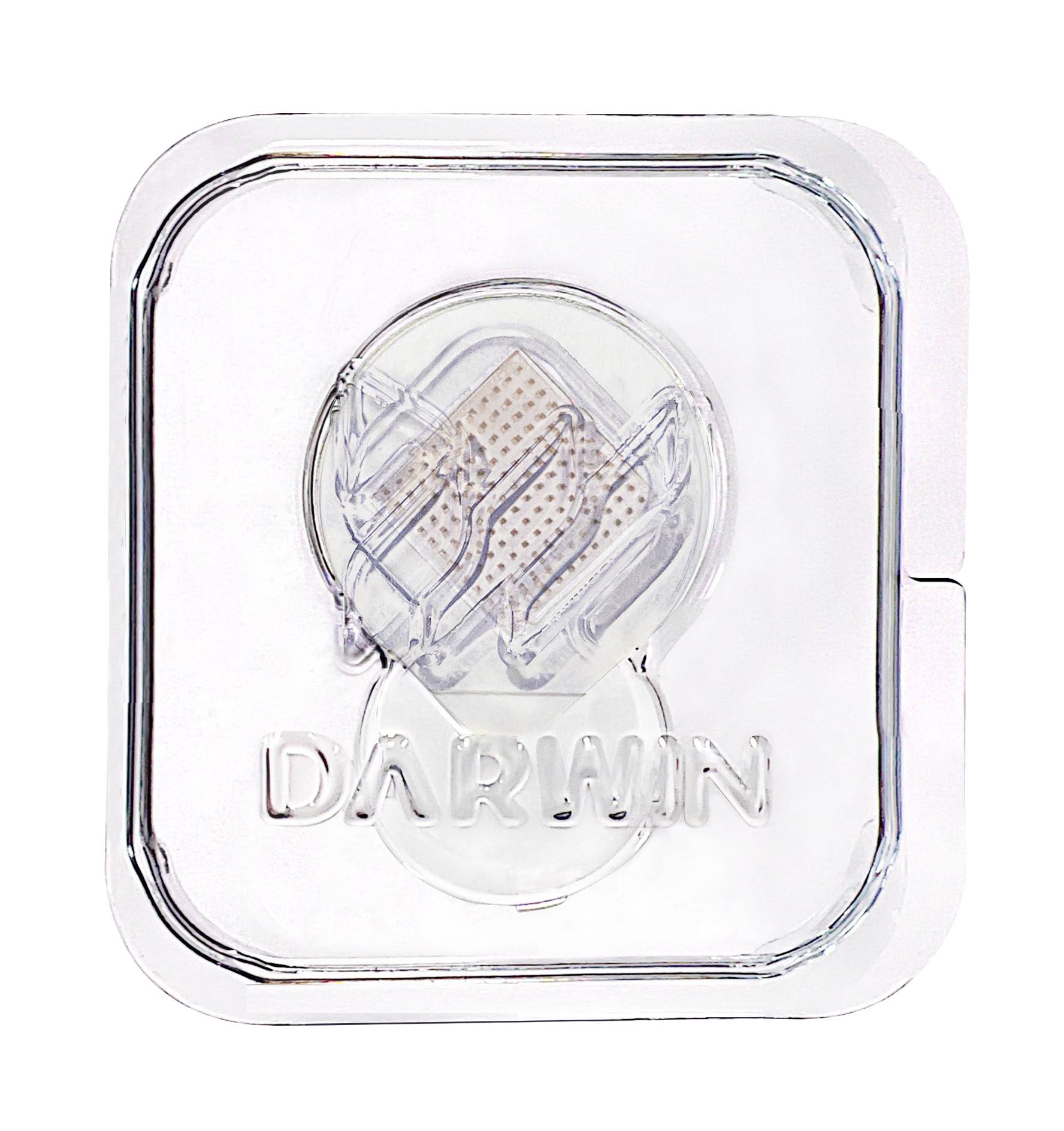Michael Tsai, the former general manager of AUO, the panel giant, is at the helm of Darwin Precision Co., a subsidiary of the group. Faced with the strong rise of mainland China and the fierce competition in the global panel industry, the focus has begun to turn to the high value-added biomedical industry.
He frankly admitted that today’s competition is no longer just a competition of technological leadership, but is moving towards the extreme compression of scale and cost. “You either have a large enough scale or a low enough price.” Under such industrial logic, if Taiwan does not change its industrial structure, it can only go with the flow, and its marginal profit will become increasingly sluggish.
“What we need to think about is how to use existing resources to find areas where Taiwan still has advantages and create new development opportunities.” Michael Tsai’s tone is plain, but every word is powerful. What he calls “new opportunities” is to move from optoelectronic technology to the biomedical industry, seeking a new foothold for Taiwan in the field of high-tech barriers.

Optoelectronics technology advantages cross over into biomedical applications, from precision to exaction
The reason why Darwin was able to cross over into the biomedical industry was not a whim, but was based on the technical foundation accumulated over many years in the optoelectronics field. Michael Tsai emphasized: “We don’t follow what others have done, but start from our own technical capabilities to find the direction in which we can extend.”
Darwin has been investing in microstructure technologies such as ultra-precision machining, mold design, photolithography and double-sided metal etching processes for many years. For example, the precision metal film mask that once created OLED for the iPhone panel is only 10 to 20 microns thick, and requires extremely high precision and material control. Today, these process experiences are being transferred to medical applications and become the manufacturing basis for key components of biomedical products.
To this end, Darwin has established a dedicated biomedical factory in Taichung and has carried out high-level planning and construction in accordance with international standards such as GMP, ISO, and QMS. The goal is to move towards an international-level supplier with FDA certification capabilities and prepare for future entry into the global market.
Wholly-owned Micro Doctor Biomedical was established. High-tech precision process was invested in microneedle technology. The first highlight of Darwin Transformation Biomedical came from the microneedle system developed by its wholly-owned subsidiary “Micro Doctor Biomedical”. R&D Assistant Manager Yang Yunpei pointed out, “The traditional DAB process does not cost such a high technical cost to make microneedles, but we can use the process of optical components to make microneedles, so the precision, stability and degree of customization are naturally different.” “Micro Doctor Biomedical is committed to the development of soluble microneedles. The microneedle material will slowly dissolve through the moisture in the skin, slowly release the drug, and be absorbed by the human body. Unlike traditional syringe injection, there will be medical waste problems.” Yang Yunpei said that the key to this technology lies in the self-developed patented formula, which has both absorbability and drug release control capabilities. Micro Doctor Biomedical can also design a variety of needle shapes (cones, pyramids), heights and densities according to different uses, and adjust the dissolution speed and drug dosage configuration to create a dedicated patch system. These advantages make it not only used in beauty and skin care products, but also have the potential to be further expanded to medical application scenarios such as vaccine administration and chronic disease management.

Targeting biochips, one machine simulates and restores the biological environment, driving the next generation of medical platforms
In addition to the microneedle system, Micro Doctor Biomedical is also actively developing a biochip platform to provide a complete system solution. Deputy General Manager Yang chunming pointed out that biochips can integrate multiple functions such as drug screening, pathogen detection, gene sequencing and organ simulation, and can be called “the concentrate of the future laboratory.”
“We are originally doing backlight modules and whole machine processing. These precision injection and heterogeneous material bonding capabilities can be applied to chip and system manufacturing.” He said that biochips involve integrated designs such as polymer materials, precision microstructures, optical detection and liquid power, which have extremely high requirements for process and yield, and Darwin’s optoelectronics background just has such capabilities.
He took the “organ chip system” developed in cooperation with strategic partners as an example. By reconstructing a highly realistic lung microenvironment and simulating lung gas exchange, it achieves 90% physiological reduction, which can be used for drug effect observation and environmental simulation (such as PM2.5 exposure conditions). “We can even simulate breathing rhythm and airflow changes, which can greatly shorten the preclinical evaluation process in new drug development.” Yang chunming added that these platforms can not only simulate lungs, but also replace heart, liver and other cell models to establish a modular and scalable micro physiological simulation system. At the same time, AI can be integrated for data analysis and drug efficacy prediction to speed up the drug development process.

The next mile of Taiwan manufacturing: from OEM to innovative applications
The “New Darwin Strategy” led by Michael Tsai is not just a short-term adjustment in response to the optoelectronic winter, but a complete transformation from manufacturing logic to industrial thinking. “We can no longer just chase cheap factories, but create high-value technologies and products that can stay in Taiwan.” He believes that the key to Taiwan’s industry’s future transformation is to transform its original strong manufacturing strength into innovation capabilities, and connect it from R&D and production to market applications. From OLED photomasks to soluble microneedles and then to heterogeneous biochips, Darwin Precision has used its optoelectronic technology to open up an innovative path to the global biomedical market, and is creating a new direction for Taiwan’s manufacturing industry to bravely move into the future.
Source: 生策會/產業內容中心



